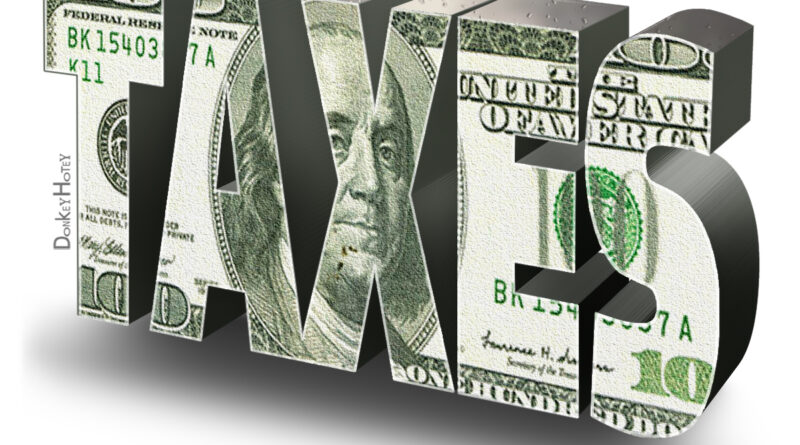History of Taxes
The concept of taxes, a compulsory financial charge imposed on taxpayers by a governmental organization, is as old as civilization itself. Taxes have shaped societies, driven the fates of empires, and caused revolutions. This article explores the journey of taxation from its rudimentary beginnings in ancient civilizations to the sophisticated systems in place today.
Early Beginnings
The earliest recorded evidence of taxation comes from ancient Egypt around 3000 B.C., where Pharaohs collected taxes in the form of labor and grains to fund granaries and state projects, such as the construction of the pyramids. Similar systems were seen in ancient Mesopotamia, where tax was collected for the communal benefit, including building walls and temples.
Ancient Greece and Rome
In Ancient Greece, taxes were mainly levied during times of war to support military endeavors. The Athenians had a tax called ‘eisphora’; however, during peacetime, citizens were often not taxed. The Romans, on the other hand, had a more structured approach. They implemented a wealth tax, customs duties known as ‘portoria’, and even a form of inheritance tax.
Medieval and Feudal Tax Systems
During the medieval period, taxation was influenced heavily by feudalism. Landowners and nobility were required to provide military service or its equivalent in money—known as ‘scutage’—to their feudal lords. In England, this evolved into a system where different classes of society paid taxes at different rates, a primitive form of the progressive tax system we see today.
The Birth of Modern Taxation
The roots of modern taxation can be traced back to the 17th and 18th centuries. During this time, European nations began to develop more centralized and bureaucratic governments which required more funds. Notably, the British tax system evolved significantly, with taxes on land, luxury goods, and even windows, which were repealed when they proved unpopular.
The American Revolution and Taxation
“No taxation without representation!” was the battle cry of the Thirteen Colonies in America against British taxation policies, such as the Stamp Act and the Tea Act. This sentiment was a pivotal cause of the American Revolution, leading to the establishment of a system where taxes were levied by elected representatives.
The 20th Century: Income Taxes Take Center Stage
The 20th century saw the rise of the income tax as the main source of government funding. The U.S. introduced its first income tax in 1861 to fund the Civil War, but it was later repealed and then reinstated permanently in 1913 with the 16th Amendment. Many other countries followed suit, establishing their income tax systems around World Wars I and II.
Taxation in the Modern Era
Today, taxation systems are complex and varied across the world. They fund public services and welfare programs, from education to healthcare and infrastructure. Taxes now accommodate global economies and digital transactions, showing adaptability and resilience as financial landscapes evolve.
Global Issues and Tax Evasion
With globalization, tax evasion and avoidance have become significant issues, prompting international cooperation to tackle tax havens and offshore banking. Organizations like the OECD play crucial roles in shaping tax policies to ensure fairness and effective administration across borders.
Conclusion
From ancient tributes to digital taxation, the history of taxes reflects the evolution of society’s economic structures and governmental forms. Taxes have been a tool for civilization’s growth, a cause for rebellion, and a necessity for modern states to function effectively. Understanding the history of taxes provides insight into both past societies and potential future developments in global finance.
Discover more from City Towner
Subscribe to get the latest posts sent to your email.




